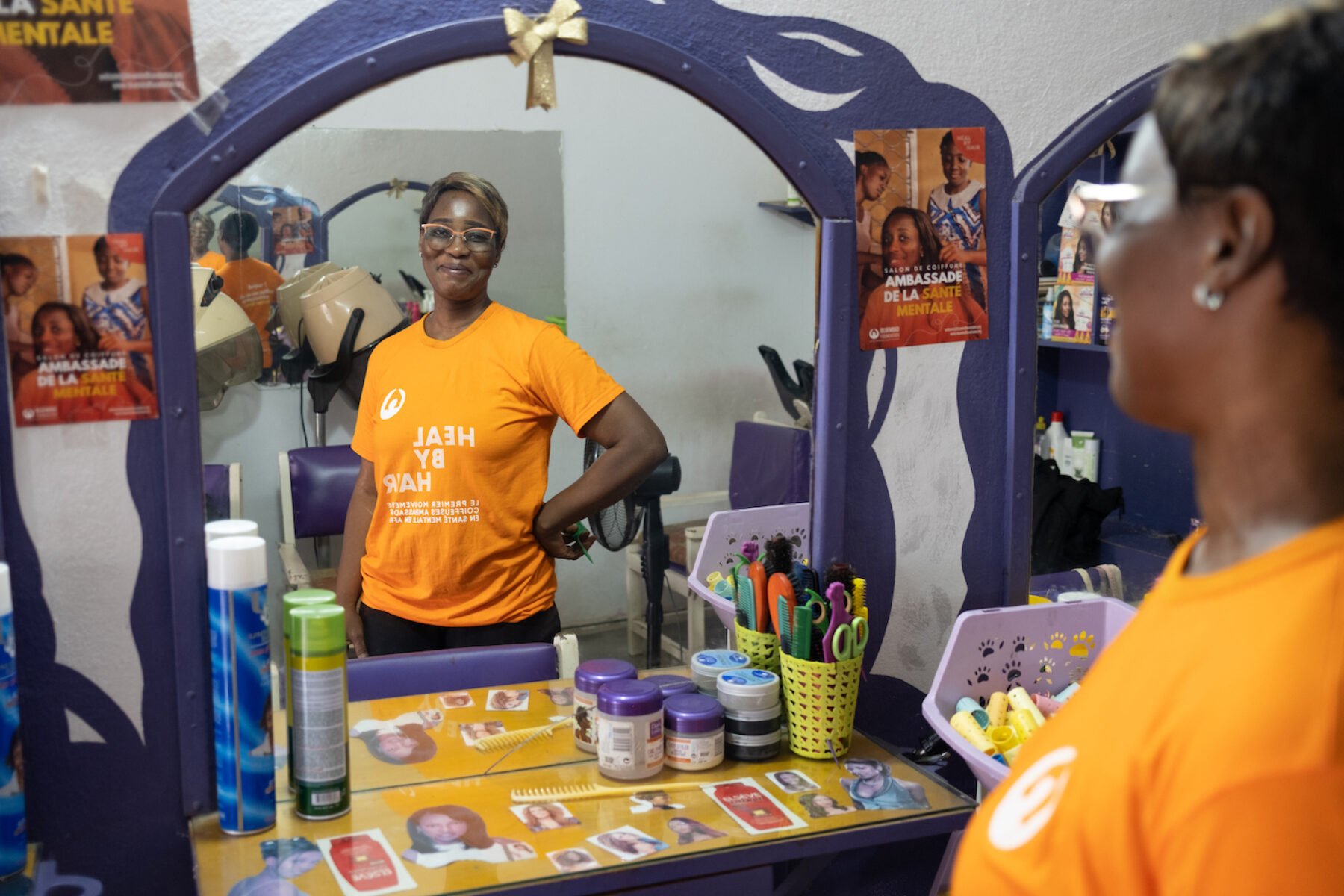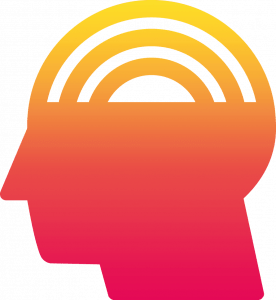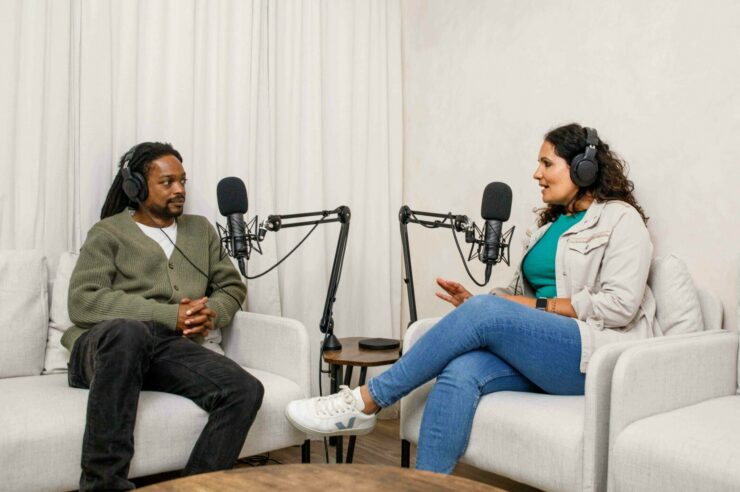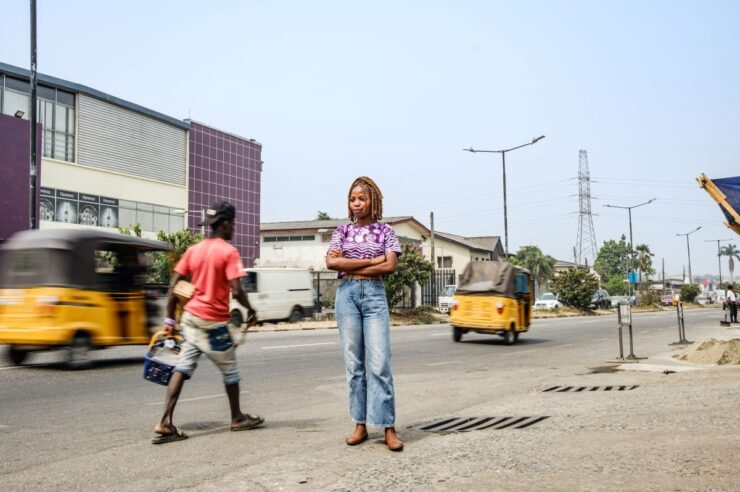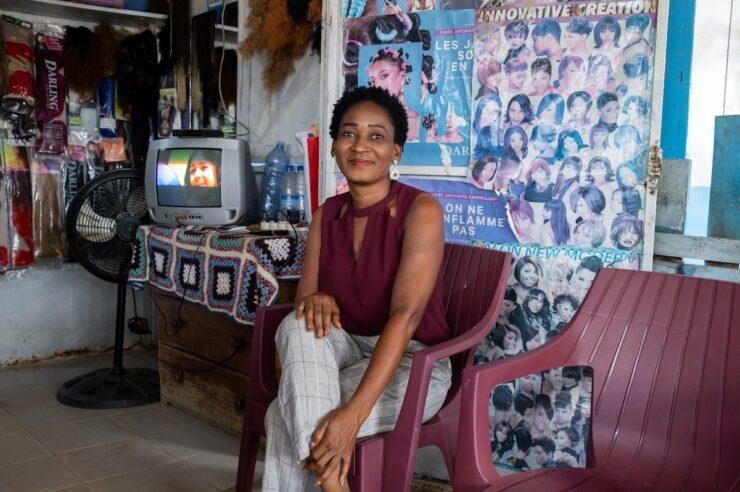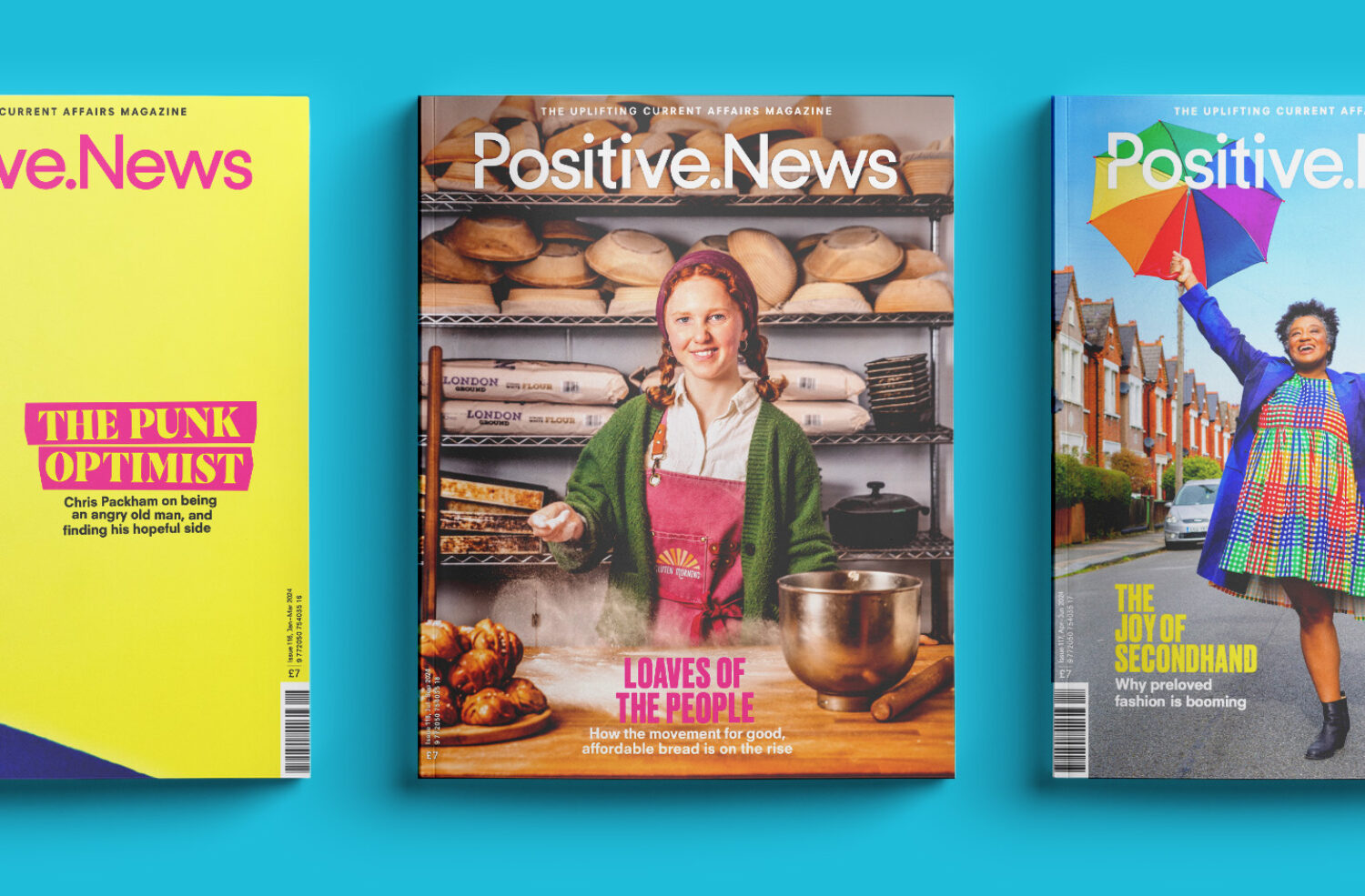Our first series challenged western wellbeing concepts and highlighted community solutions to mental health challenges. Here are our highlights
Well, that’s a wrap. For now, at least. The final episode of our inaugural podcast series – Developing Mental Wealth – is out today. Over the last six weeks, we’ve uncovered the fascinating ways that communities are dealing with mental health issues in parts of the world where circumstances are often the most challenging.
Hosted by wellbeing expert Dr Radha Modgil and journalist Seyi Rhodes, the podcast travelled from Guatemala to Nigeria, Peru to Zimbabwe and beyond, to meet those on the ground who are pioneering solutions to support people’s wellbeing. The series unearthed some powerful projects that are low-cost, community-based and tailored to local cultures.
It’s been heartening to work on and wonderful to receive so much positive feedback on the series. Here are some of the things we learned while making it.
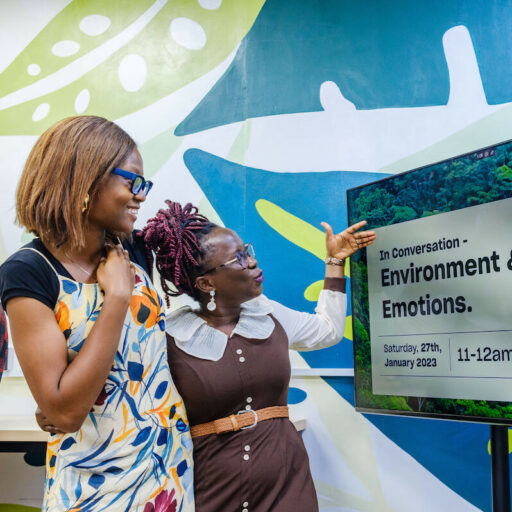
“I’ve been genuinely struck by the fact that each of the projects we’ve looked at focuses on communal solutions, group thinking, and selfless acts. I’ve probably been boring my partner and friends during the run of the series by banging on about how much this stands in contrast to the values that I think we in the western world are now so used to: wellbeing concepts that encourage you to look inwards for a diagnosis, rather than outwards for an explanation; strategies for your mental health that focus on yourself, rather than others. I’m becoming more and more convinced that this is the wrong way round. Talking to people from places like Guatemala, South Africa, Zimbabwe and Peru, and hearing how they embed wellbeing in community action and belonging, has inspired me on a personal level more than many other podcasts I’ve produced. I now wonder what changes we can make to join them.”
Image: Attendees at the launch of Nigeria’s first climate cafe. Credit: Taiwo Aina

“For me the real standout feature was the role of non-medic community members in delivering mental healthcare – hairdressers and grannies in particular. It makes me think about the potential of people like taxi drivers and postmen – and many others we take for granted. And so, I’m reminded that many of the solutions to our problems lie among us. The people we see every day who could be the catalysts for change in people’s lives.”
Image: Ivory Coast hairdresser Esmel Semou with a client. Credit: Germain Kouassi

“I loved being part of this series. My highlight would be from episode six, the grandmothers. I liked how the clinical model of support was taken out into the community and changed so as to be relevant and appropriate and useful in this context. I liked the intergenerational aspect of older people in the community supporting younger people and each learning from the other. [And how all this] reduced stigma around mental health by making it accessible in community spaces.”
Image: Grandmother Shelter Nhengo (right) provides support to client Jenny Muzoma (left) on a Friendship Bench. Credit: Cynthia Matonhodze

“The statement left ringing in my ears was shared by Anne Marie Chomat, founder of Buena Semilla (The Good Seed Project), which empowers and reconnects Indigenous Mayan women [episode four]. She says: “Their voice really matters and has so much to teach everyone else in the world.” As we embark on a listening and learning tour with Seyi and Radha, we see how solutions implemented in local communities can help tackle global problems such as gender-based violence and climate change. I hope the leaders of the world are listening!”
Image: Buena Semilla project coordinator Sadi Garcia leads a discussion. Credit: James Rodríguez
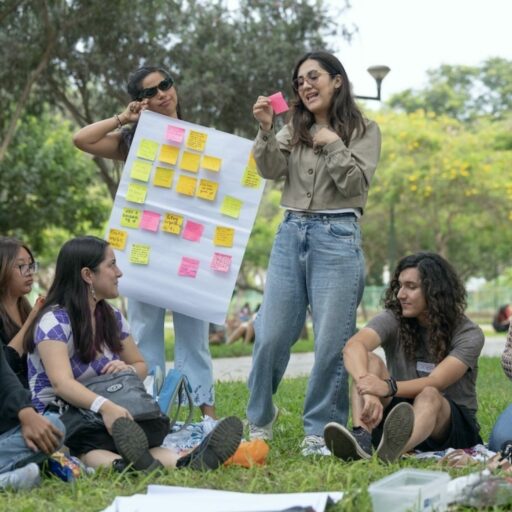
“I think what struck me most about these brilliant community solutions is the incredible power of listening. The act of engaging with another human to really listen to their story sounds so simple but can be so effective. I think this taps into something fundamental about humans as social beings, and our capacity for empathy. We can all learn from this – whether in our workplace, family, friendship groups or, dare I say it, at a political level. I have felt truly inspired by these projects around the world – perhaps we do have the power to change things after all.”
Image: Members of Coalition Neurodivergent Peru at the picnic meet-up in Lima. Credit: Angela Ponce

“I was inspired by the African concept of Ubuntu that Seyi introduced in episode one: “I am because we are”, i.e. the interdependence of humans on one another, in contrast to western individualism. In our culture there’s such a big focus on ‘self-care’, which undoubtedly has its place, but this series has really made me think about the importance of community and caring for each other. All of the stories have shown how vital this is to good mental health and how many problems can be solved when people are able to share their troubles and feel supported by their community.”
Image: Phindi Mgele is a South African mother who has benefited from a travelling caravan bringing creative therapy to townships. Credit: Cebisile Mbonani
Main image: Ivory Coast hairdresser Esmel Semou who is a mental health ambassador as part of the Heal by Hair project. Credit: Germain Kouassi
